|
|
|
|
Nau mai haere mai - welcome to this week’s newsletter.
With two new cases of COVID-19 announced on Tuesday, New Zealand’s unbroken 24-day run without new infections has ended. Researchers at Te Pūnaha Matatini, led by Shaun Hendy, explain why this latest development doesn’t mean New Zealand’s elimination strategy has failed. The team’s modelling shows we can expect to see one or two cases of COVID-19 at New Zealand’s border each week.
And, while our health system has largely coped well with outbreaks, University of Otago infectious diseases expert David Murdoch writes that New Zealand still has plenty of work to do to improve our ability to respond to future pandemics.
And if the recent lockdown found you working from home, be sure to read our story about whether employers should be able to spy on workers even when they’re working from home.
In case you missed it, last Friday marked 100 days until the general election on September 19, and Professor Jack Vowles, at Te Herenga Waka — Victoria University of Wellington, looked at what factors might reduce the current “stratospheric” approval ratings for Jacinda Ardern and her Labour Party.
As the Black Lives Matter protests have spread from the US to New Zealand, so too has the global movement to have statues and memorials from the imperial past removed or at least reconsidered. University of Canterbury historian Katie Pickles argues that former colonies must respond in their own way to the issue, not simply imitate what is happening in the old imperial capitals.
We also ask whether the redundancies and store closures announced by The Warehouse Group are in the brand’s long-term interests. And we respond to the Commissioner for Children’s highly critical interim report into state child removal and explain why two key UN conventions should inform our future policy decisions.
You can find more in this newsletter and on the New Zealand page - thank you for reading and here’s hoping our contact tracing system is up to the task of containing these latest cases. Noho ora mai.
|
Finlay Macdonald
New Zealand Editor: Politics, Business + Arts
|

|
|
Top stories
|
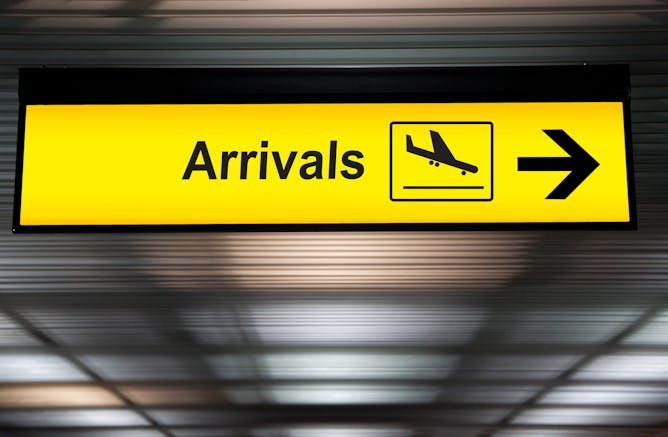
Asiandelight/Shutterstock
Shaun Hendy; Alex James, University of Canterbury; Audrey Lustig, Manaaki Whenua - Landcare Research; Michael Plank, University of Canterbury; Nicholas Steyn; Rachelle Binny, Manaaki Whenua - Landcare Research
Two new cases of COVID-19 have been announced in New Zealand today, but that doesn't mean that the country's elimination efforts have failed.
|
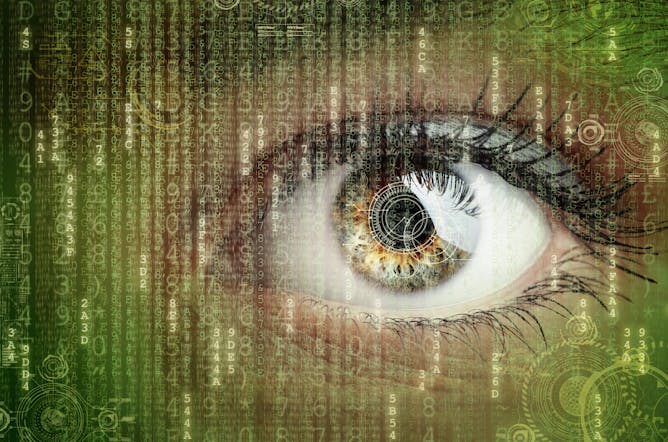
www.shutterstock.com
Val Hooper, Te Herenga Waka — Victoria University of Wellington; Gordon Anderson, Te Herenga Waka — Victoria University of Wellington; Stephen Blumenfeld, Te Herenga Waka — Victoria University of Wellington
With more people working from home post-COVID-19, what are the privacy implications of employers using spyware to monitor worker activity?
|
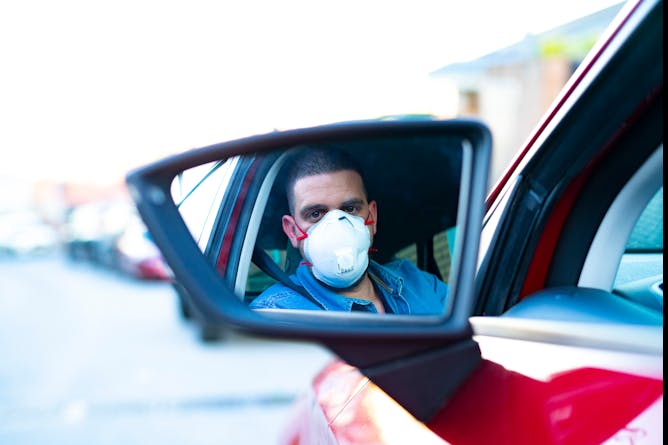
Shutterstock/bydvvid
David Murdoch, University of Otago
A COVID-19-type pandemic had long been predicted, but our warnings weren't heeded. We need to start rethinking our approach to health now – even in countries like New Zealand.
|
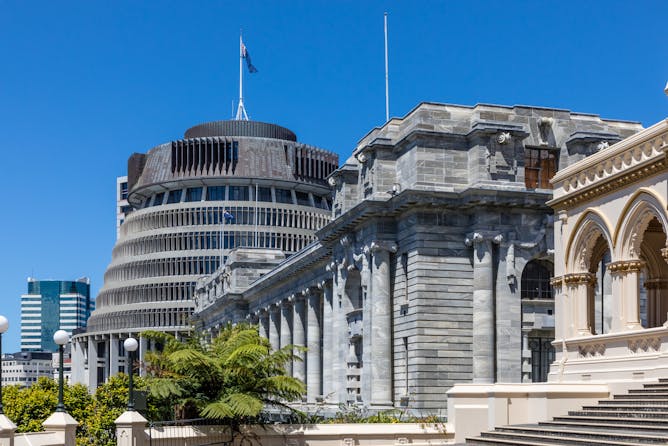
www.shutterstock.com
Jack Vowles, Te Herenga Waka — Victoria University of Wellington
Jacinda Ardern is at stratospheric support levels due to her government's management of the COVID-19 crisis. That lead will inevitably narrow by the election – but by how much?
|
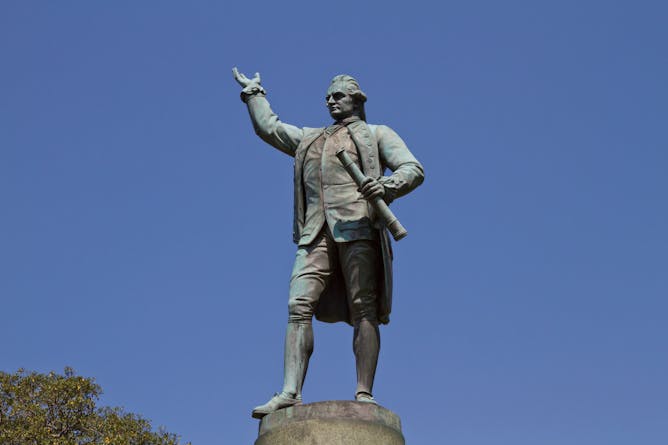
Shutterstock
Katie Pickles, University of Canterbury
Toppling colonial statues and changing place names might confront racism and historical injustice, but it doesn't fix it.
|
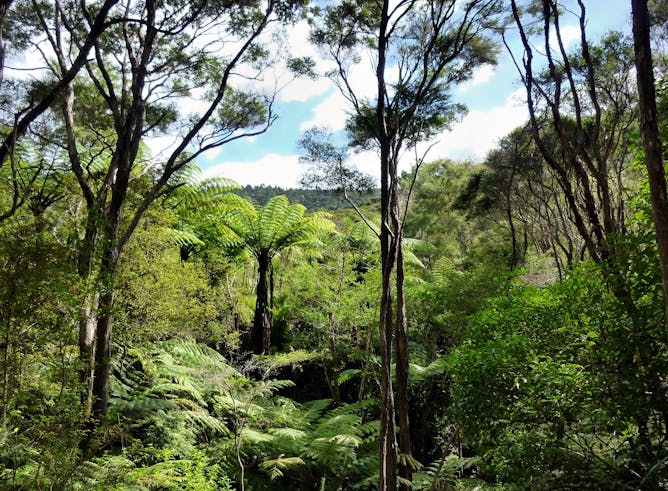
native forest.
Lauren Waller; Warwick Allen, University of Canterbury
Tree planting projects that use non-native trees risk releasing more carbon back into the atmosphere, undermining efforts to fight climate change.
|
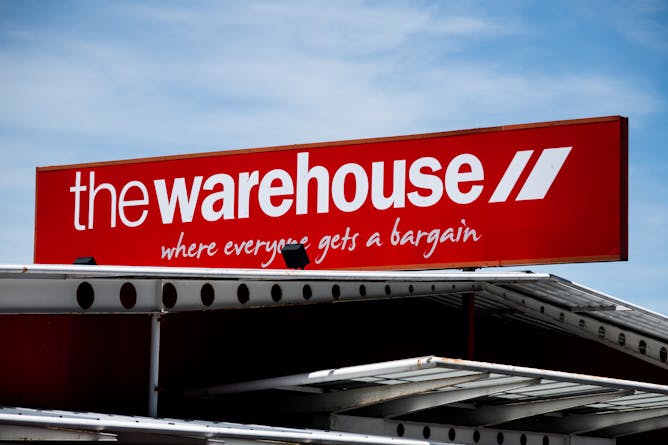
www.shutterstock.com
Jonathan Baker, Auckland University of Technology
"Helping Kiwis live better every day" is the Warehouse motto. Now it's laying off staff and closing stores.
|
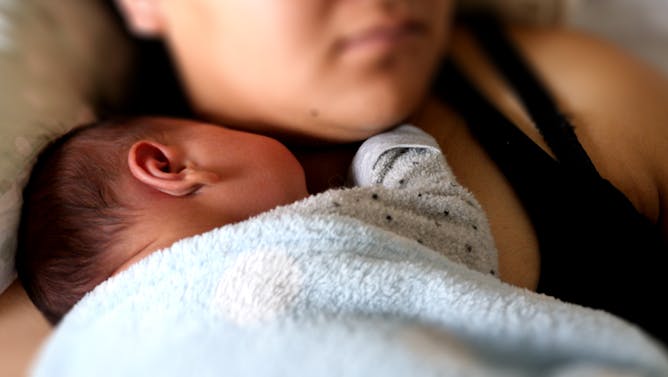
newsroom.co.nz
Claire Breen, University of Waikato
With debate still raging over the state "uplift" of Māori children, understanding our obligations under two key United Nations conventions should be a priority.
|
From our international editions
|
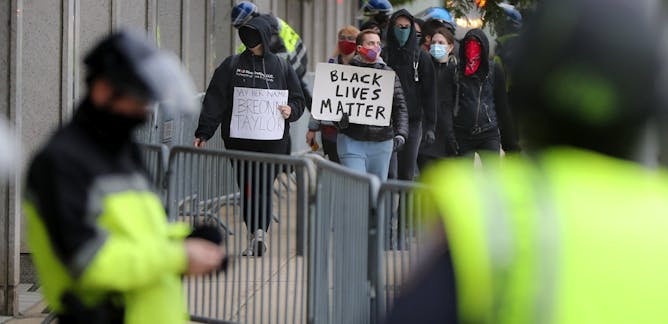
Jill McCorkel, Villanova University
Across the United States, police are shielded from both public and departmental accountability by multiple layers of contractual and legislative protections.
| |
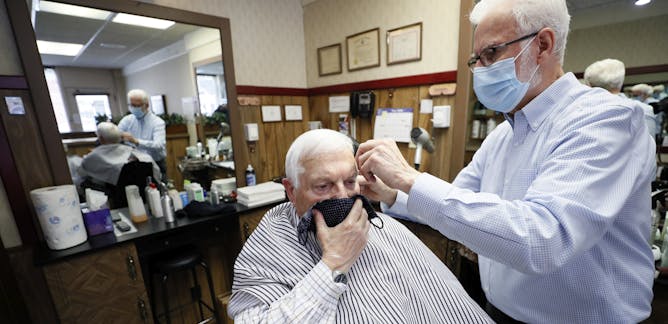
Elizabeth C. Tippett, University of Oregon
You may want to think twice before giving up your right to sue if you get sick, but you probably won’t have much choice.
|
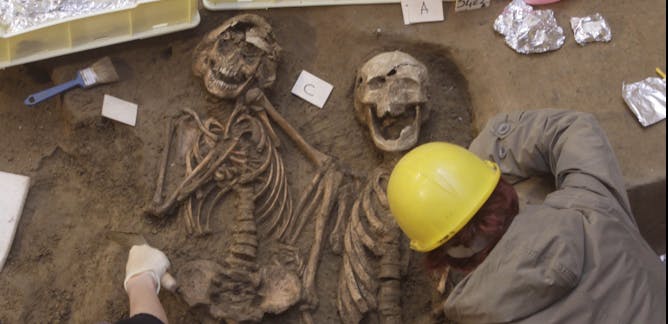
Charlotte Roberts, Durham University; Gabriel D. Wrobel, Michigan State University; Michael Westaway, The University of Queensland
People have lived with infectious disease throughout the millennia, with culture and biology influencing each other. Archaeologists decode the stories told by bones and what accompanies them.
| |
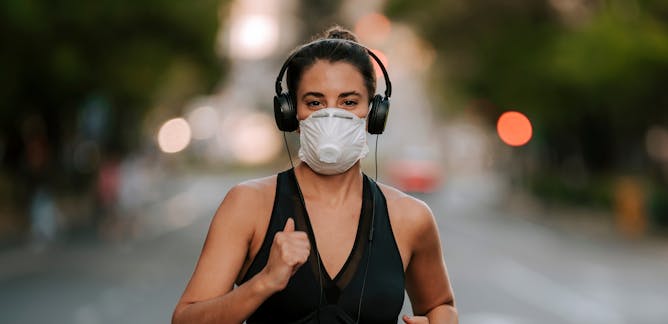
Lindsay Bottoms, University of Hertfordshire
A simple experiment suggests that we urgently need more research in this area.
|
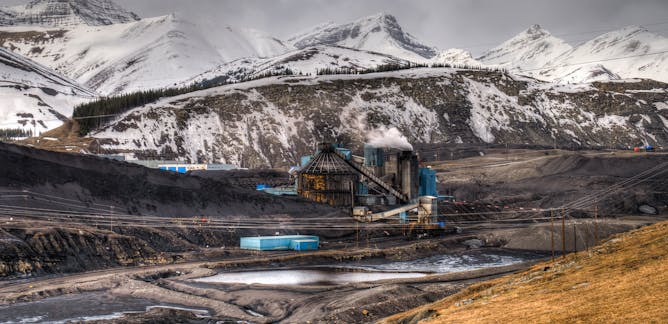
James E Paterson, Trent University; Brynn Devine, University of Windsor; Gideon Mordecai, University of British Columbia
Environmental monitoring and public participation are necessary to maintain transparency and protect ecosystems and communities.
| |
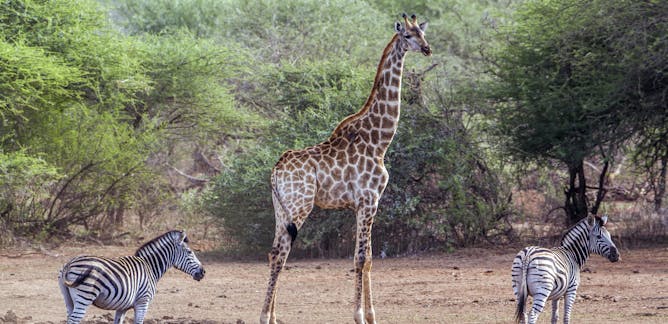
Chris Alden, London School of Economics and Political Science; Ross Harvey, University of Johannesburg
If South Africa's proposed Meat Safety Act gets passed in its present form it opens up the possibility of massive consumption of wildlife.
|
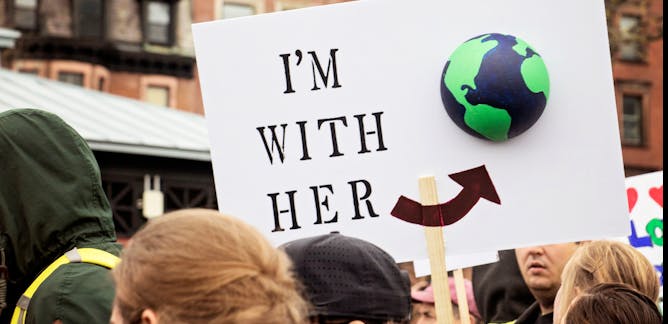
Caroline Fisher, University of Canberra; Sora Park, University of Canberra
Australia ranks third in the world in climate change deniers. It's a bronze medal we don't want.
| |
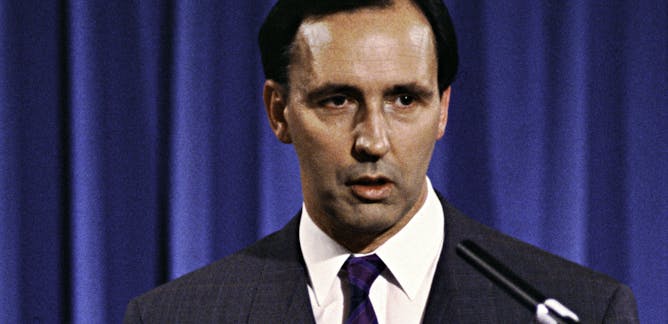
Carol Johnson, University of Adelaide
Charismatic, controversial and witty, Paul Keating, along with Bob Hawke, modernised the Australian economy and opened it up to Asia.
|
|
|
| |
| |
| |
| |
| |
| |
|
|
|
|
|
|
|